Latest News: Global Currency
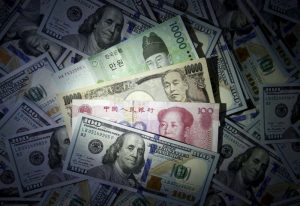
Foreign investor flows into Asian bonds also dropped 34% in the first six months of the year, data showed
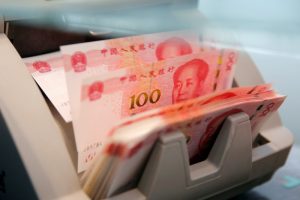
The currencies of China's trading partners have weakened faster than the yuan recently, eroding the country's export competitiveness and hampering its recovery

Foreign exchange reserves across the region have taken a hit as central banks grapple with strong greenback and China's defence of its yuan
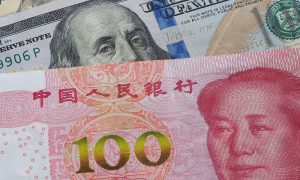
"De-dollarisation is evident in FX reserves where [the dollar's] share has declined to a record as share in exports declined but is still emerging in commodities," the US bank noted

BRICS foreign ministers have asserted their bloc's ambition to rival Western powers and build up their influence in a multi-polar world
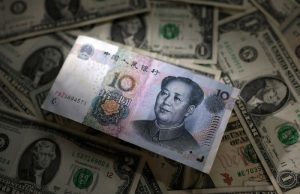
Western sanctions against Russia over its invasion of Ukraine have given a boost to China's efforts to internationalise its currency, with a dramatic increase in its use in commodity and energy trade with Russia
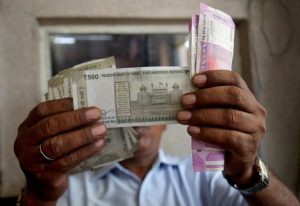
Last July, the RBI introduced a new mechanism to settle international trade in rupees, aiming to promote exports and facilitate imports
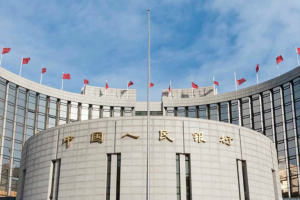
China has set up a yuan reserve pool along with Indonesia, Malaysia, Hong Kong, Singapore and Chile at the Bank for International Settlements
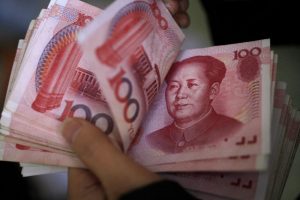
Calls for reduced reliance on the dollar system and boosting the yuan to become a robust, globally-traded reserve currency come in the wake of deteriorating relations with the West
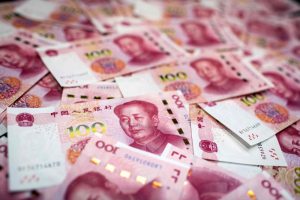
China's yuan has seen its best week in about 18 months, extending gains on Monday against the dollar, as Shanghai lifted more Covid restrictions
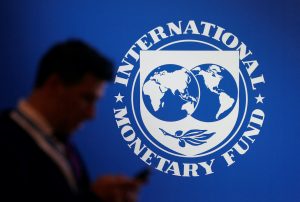
IMF raised dollar weighting to 43.38% from 41.73% and yuan's to 12.28% from 10.92%. The euro's weighting declined to 29.31% from 30.93%, the yen's fell to 7.59% from 8.33% and the British pound fell to 7.44% from 8.09%

Nomura said yuan depreciation could also add modest inflationary pressures, as China is the world’s largest importer of energy and agricultural products
AF China Bond
- Popular

















